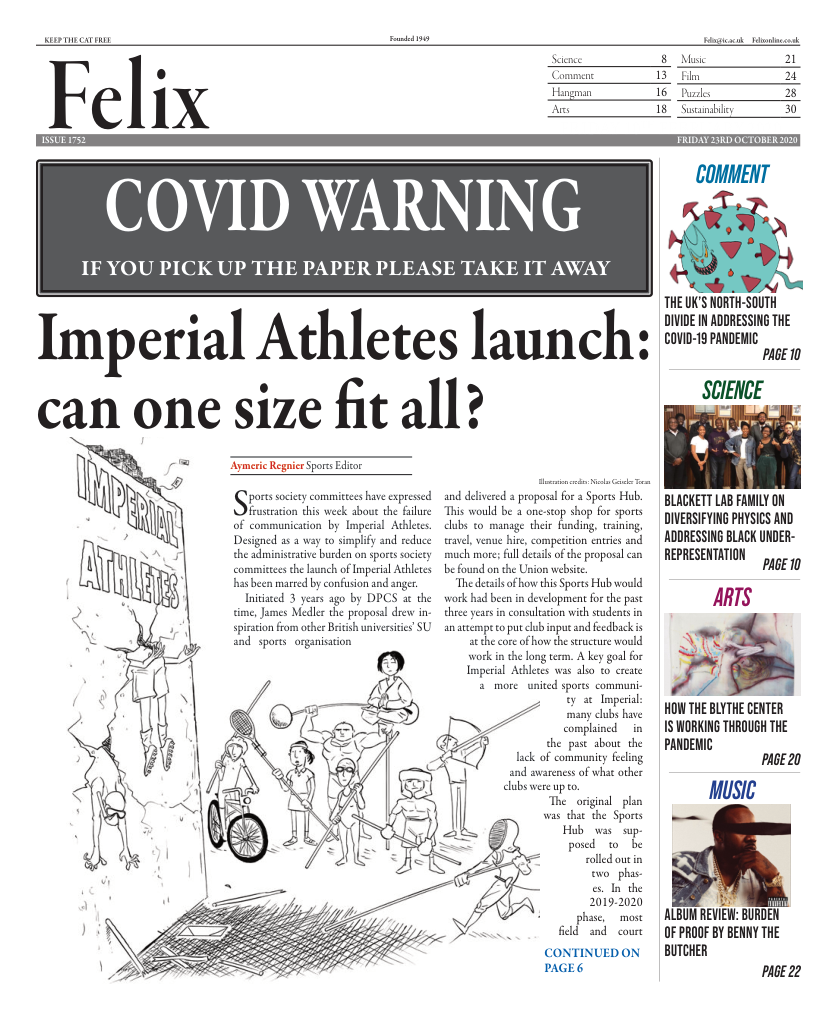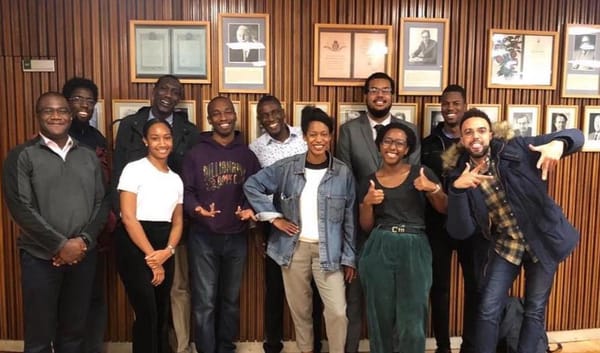Further evidence that oil company ExxonMobil misled the public on climate change
Harvard University researchers have responded to the oil and gas giant’s criticism of their 2017 peer-reviewed analysis, which showed that ExxonMobil has misled the public about the severity of climate change.
Harvard University researchers have responded to the oil and gas giant’s criticism of their 2017 peer-reviewed analysis, which showed that ExxonMobil has misled the public about the severity of climate change.
In 2017, Geoffrey Supran and Naomi Oreskes from the Department of the History of Science at Harvard University published their analysis of ExxonMobil’s climate change communications between 1977 and 2014. They performed “empirical document-by-document textual content analysis of 187 climate change communications from ExxonMobil”. Their analysis found that the publicly available communications produced by the company, and in particular, the editorial-style advertisements they released (referred to as “advertorials” in their research), contained expressions of doubt about climate change being real and caused by human activity.
While 83% of peer-reviewed papers and 80% of internal documents produced by ExxonMobil acknowledged that climate change is “real and human-caused”, just 12% of advertorials acknowledged this. In fact, 81% of these advertisements expressed doubt about anthropogenic global warming. The researchers concluded that, while ExxonMobil was contributing to advancing climate science, they were simultaneously promoting doubt in the public mind about the existence of climate change.
In the same academic journal where this study was published, ExxonMobil President Vijay Swarup published a criticism of Supran and Oreskes’s research. Swarup claimed that the analysis only assessed a small subset of the available advertorials in the New York Times, and that the original publication “obscured the separateness of… Exxon and Mobil”, who are technically two corporations.
Supran and Oreskes have now published a response to these criticisms, and have in fact showed that the ExxonMobil’s communications were even more misleading than they initially thought. They have rebutted both of Supran’s key criticisms, noting that only 4% or less of all advertorials published by Mobil and ExxonMobil Corp in the New York Times had any discussion of anthropogenic climate change, and explaining that the original study explicitly attributed each of the advertorials assessed to Exxon, Mobil or ExxonMobil Corp. The new research shows that Exxon and Mobil both separately misled the public, and continued to do so following their merger into ExxonMobil Corp.
Supran and Oreske also note that following the publication of their initial study, they became aware of additional relevant articles (which were highlighted by Swarup in his criticisms). Their new research shows that these additional materials actually strengthen the argument that Exxon, Mobil and ExxonMobil Corp misled the public, and provide greater evidence that all three companies published communications expressing doubt about anthropogenic climate change.






